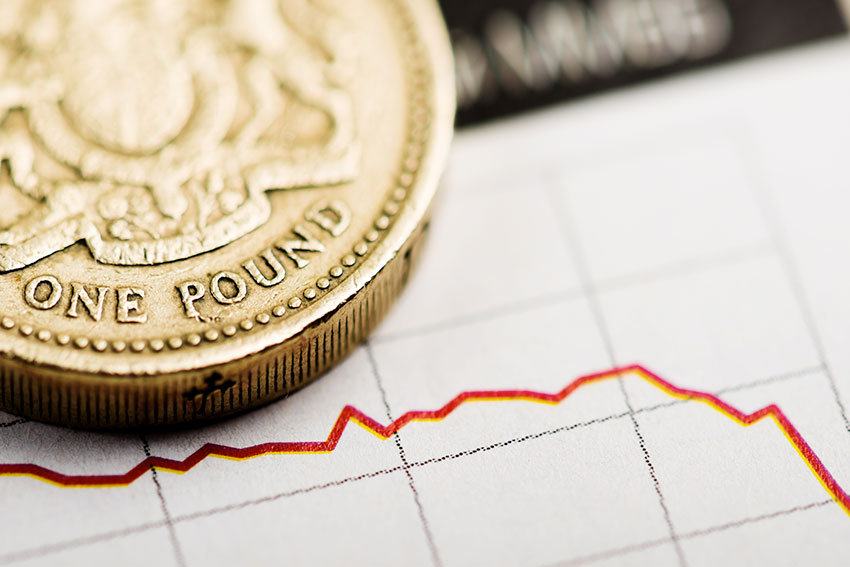
Pound Sterling Hits An All Time Low
The Sterling was thought to be stabilising but after Theresa May’s declaration on Sunday that Article 50 would be triggered by the end of March next year the Pound Sterling was sent into a new 31-year low against the Dollar on Wednesday – leaving businesses and markets concerned about what could be next for the Sterling. It also hit a five-year low against the Euro on Wednesday at €1.1308.
This means that since the vote the Sterling has fallen by 13 per cent against the Dollar and is worth 20 per cent less against the Dollar than it was a year ago. Forecasts about where the currency is going next vary hugely.
So, why is the stock market rising?
Being that many FTSE 100 firms earn their revenue in Dollars, as the value of Dollar rises against the Pound, the profits of these companies increase. They become more valuable and the stock market goes up as a consequence.
What does this mean for you?
This essentially means that the money we’re carrying in our wallets is worth much less than before, so holidaymakers hoping to book a winter trip overseas or foreign holidays next summer can expect to spend much more as we anticipate to see a spike in prices.
Inflation is still at a comfortable 0.6 per cent, but for how much longer? As the price of imports continues to rise because of the Sterling’s depreciation, businesses will eventually pass this on to consumers in the form of higher prices. This will ultimately raise the cost of living.
The export industry will thrive from a cheaper Sterling, as will the tourism industry as the UK now looks more attractive than ever as a tourist destination.
Mortgage borrowers shouldn’t feel any direct impact assuming their buying in the UK. As for those in the property market abroad a depreciation in sterling could cause problems because their money will not go as far as it once did.
